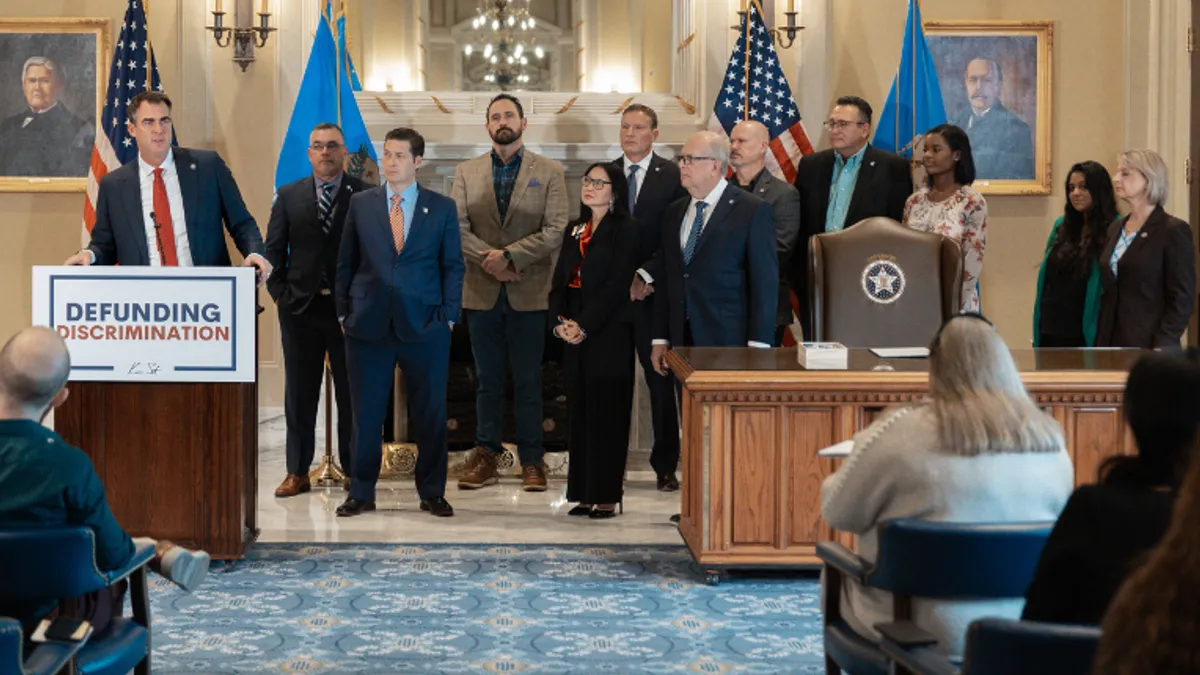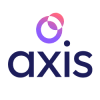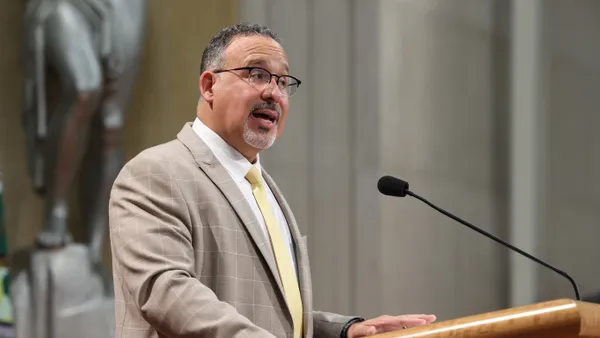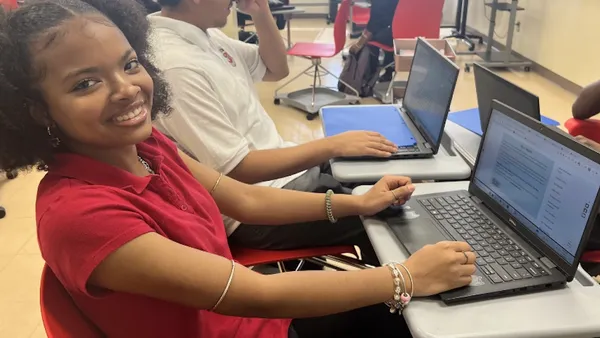Dive Brief:
- Samford University, in Alabama, will collaborate with software company SAS to provide students at its Center for Sports Analytics the opportunity to work with data from top teams and sports apparel companies, as well as with SAS's machine learning and data visualization technologies, the company announced.
- The support will help the year-old Center for Sports Analytics give students "industry standard" skills in the fast-growing field, according to Michael Hardin, Samford University provost and vice president for academic affairs.
- The sports analytics industry is expanding as more teams seek to better understand fan engagement and maximize the potential of sponsorships.
Dive Insight:
The collaboration between Samford and SAS is another in a series of similar moves by tech companies to work with colleges. These partnerships aren't uncommon at large institutions, but smaller colleges like Samford — which enrolls a combined 5,509 graduate and undergraduate students — and that feature highly specialized programs are increasingly a target of such teamwork, too.
Such interest is apparent in fields beyond tech. For example, New York City-based design school Parsons, which enrolls about 5,500 graduate and undergraduate students, teamed up with Teen Vogue on a Certificate in Fashion Industry Essentials.
Some experts believe corporations are moving into higher education because they think the colleges aren't effectively training their future workers and therefore would be willing to help companies expand their brands in exchange for training support, course design and financial assistance.
The University of Wisconsin-Madison just announced it will receive $100 million for engineering and innovation research from Foxconn, the Taiwanese company that is planning to build a $10 billion factory in the state to make LCD display units. The university must match the amount to get the full funding, which includes support for an interdisciplinary research center that will give the company access to potential employees and research support.
Meanwhile, Amazon is working with community colleges in Southern California to offer a certification in cloud computing. And Facebook has begun working with two-year institutions to help improve digital literacy at small businesses across the country. Facebook's business model relies heavily on companies understanding digital marketing.














